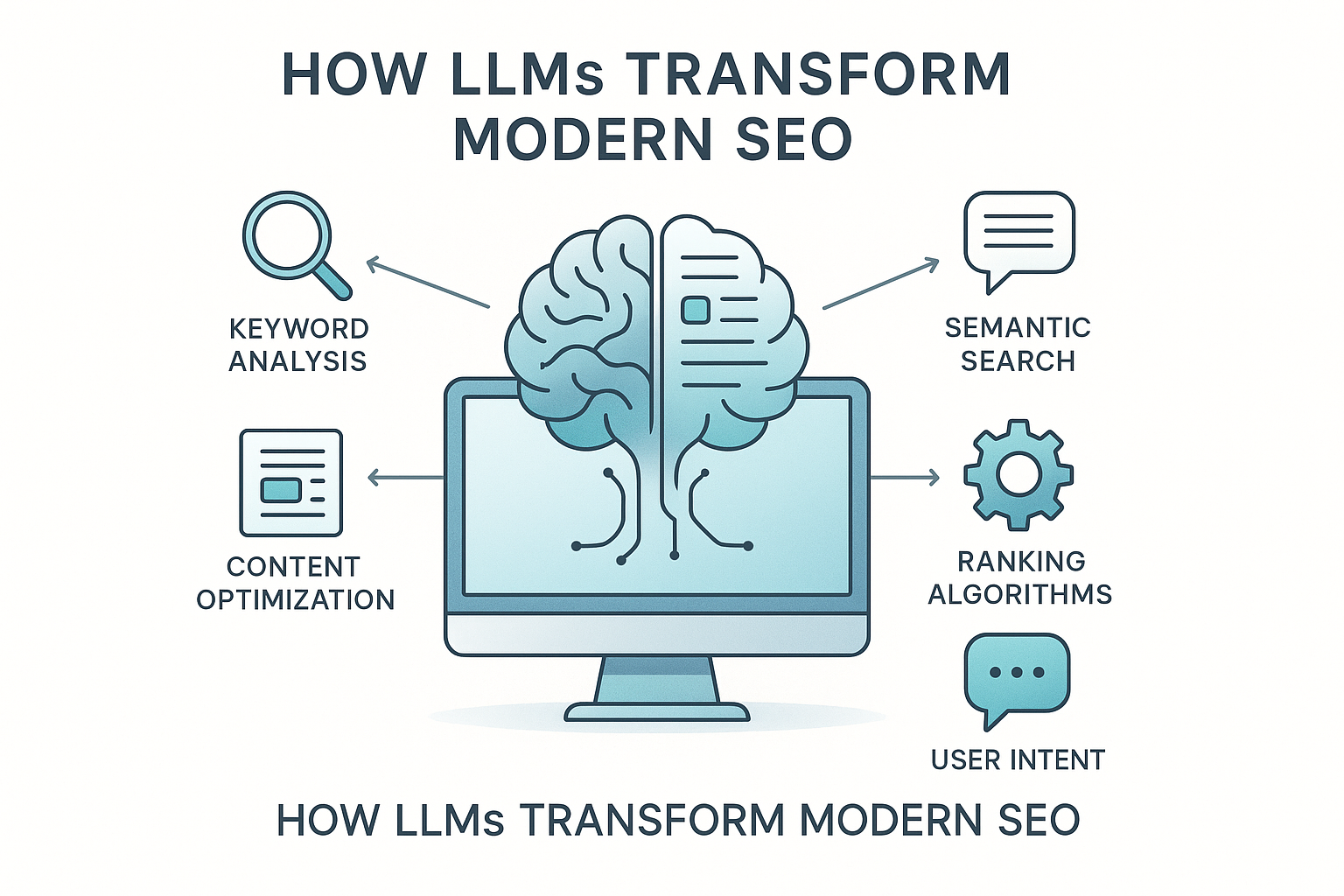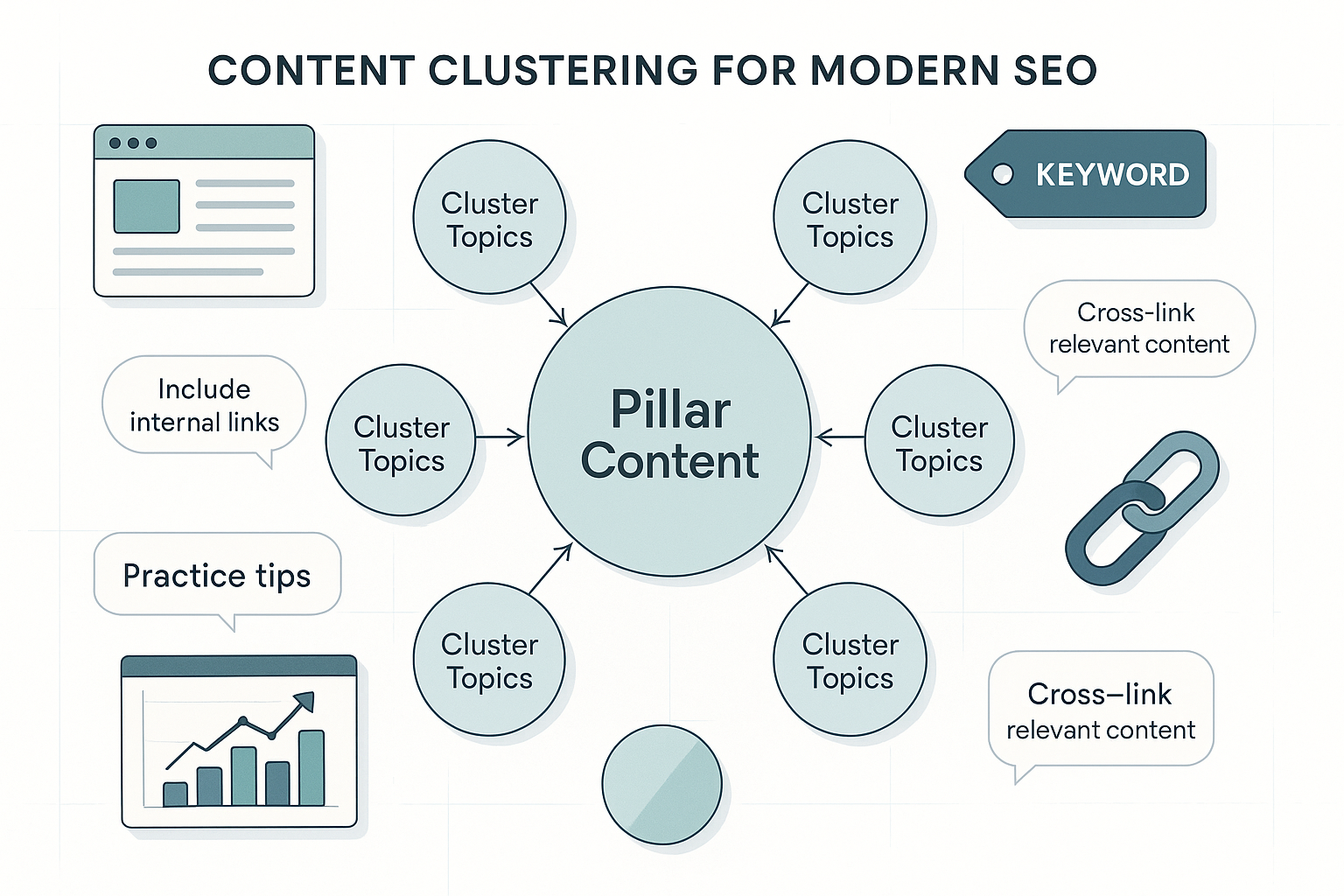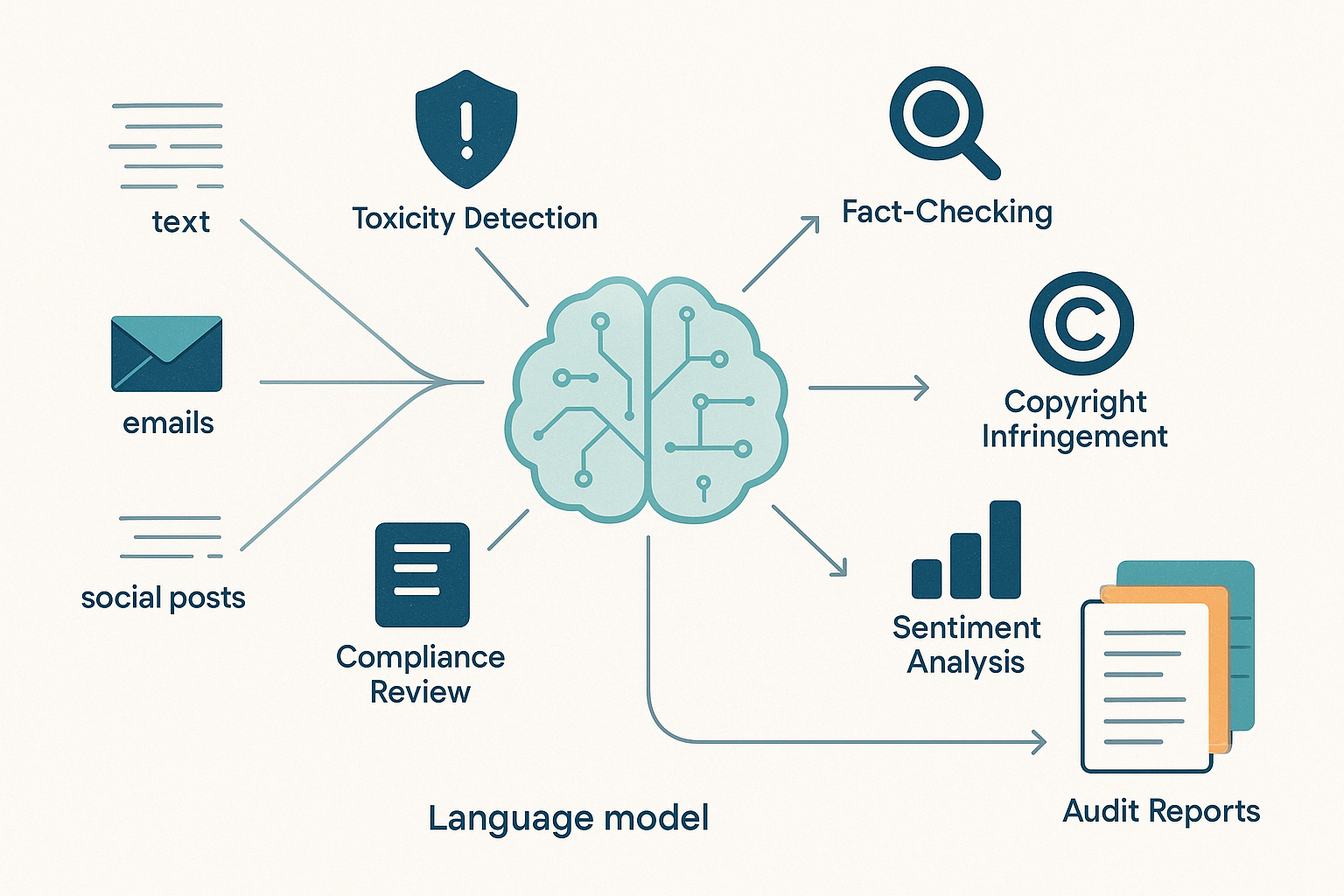Advanced on page SEO made simple.
Powered by POP Rank Engine™
Includes AI Writer
7-day refund guarantee
Generative AI for marketing is revolutionizing the marketing landscape, offering innovative ways to elevate strategies and enhance customer engagement. By leveraging advanced algorithms and machine learning, generative AI can create personalized content, optimize campaigns, and predict consumer behavior. This article explores how generative AI is transforming marketing strategies and the key benefits it brings to businesses.
Which is the best LLM for SEO content?
Get the full rankings & analysis from our study of the 10 best LLM for SEO Content Writing in 2026 FREE!

- Get the complete Gsheet report from our study
- Includes ChatGPT, Gemini, DeepSeek, Claude, Perplexity, Llama & more
- Includes ratings for all on-page SEO factors
- See how the LLM you use stacks up
Understanding Generative AI in Marketing
Generative AI for marketing refers to a class of artificial intelligence that can generate new content based on the data it has been trained on. In the marketing context, it involves creating text, images, videos, and other forms of content that resonate with target audiences. This technology uses deep learning techniques to analyze vast amounts of data, enabling marketers to produce highly relevant and personalized content.
Key Applications of Generative AI in Marketing
Content Creation:
Generative AI can produce high-quality content at scale. It can generate blog posts, social media updates, email newsletters, and more, tailored to the preferences and behaviors of specific audience segments. This automation not only saves time but also ensures consistency in brand messaging.
Personalization:
By analyzing customer data, generative AI can create personalized marketing messages that cater to individual preferences. This level of personalization enhances customer experiences and increases engagement rates. For example, AI can generate personalized product recommendations, tailored email campaigns, and customized landing pages.
Campaign Optimization:
Generative AI can optimize marketing campaigns by predicting which strategies will yield the best results. It can analyze past campaign data to identify patterns and trends, allowing marketers to adjust their tactics in real-time. This leads to more efficient use of marketing budgets and higher ROI.
Customer Insights:
AI-powered tools can analyze customer interactions and feedback to provide deep insights into consumer behavior. Marketers can use this information to refine their strategies and develop more effective marketing campaigns. Understanding customer sentiment and preferences helps in creating content that truly resonates with the audience.
Dynamic Pricing:
Generative AI can assist in setting dynamic pricing strategies based on market demand, competitor pricing, and customer willingness to pay. This ensures that pricing is optimized for maximum profitability while remaining competitive.
Which is the best LLM for SEO content?
Get the full rankings & analysis from our study of the 10 best LLM for SEO Content Writing in 2026 FREE!

- Get the complete Gsheet report from our study
- Includes ChatGPT, Gemini, DeepSeek, Claude, Perplexity, Llama & more
- Includes ratings for all on-page SEO factors
- See how the LLM you use stacks up
Benefits of Generative AI for Marketing
Efficiency and Scalability:
Generative AI automates repetitive tasks, allowing marketing teams to focus on strategic initiatives. It can handle large volumes of content creation and campaign management, making it easier to scale marketing efforts without compromising quality.
Enhanced Creativity:
AI can generate creative ideas and content variations that may not have been considered by human marketers. This expands the creative possibilities and enables the development of innovative marketing campaigns.
Data-Driven Decisions:
Generative AI relies on data to make informed decisions. By leveraging data analytics, marketers can base their strategies on solid evidence rather than intuition. This leads to more accurate targeting and better campaign performance.
Improved Customer Experience:
Personalization and relevance are key to engaging customers. Generative AI ensures that marketing messages are tailored to individual preferences, resulting in a more satisfying customer experience.
Cost Savings:
Automating content creation and campaign management reduces the need for extensive human resources, leading to significant cost savings. Additionally, optimized campaigns lead to better ROI, further enhancing cost efficiency.
Challenges and Considerations
While generative AI offers numerous benefits, it also presents certain challenges:
Data Privacy:
The use of customer data for AI-driven marketing raises privacy concerns. Marketers must ensure compliance with data protection regulations and maintain transparency with customers about data usage.
Quality Control:
Ensuring the quality and accuracy of AI-generated content is crucial. Marketers need to regularly review and refine AI outputs to maintain brand integrity and avoid potential inaccuracies.
Integration:
Integrating generative AI tools with existing marketing platforms can be complex. Marketers need to ensure seamless integration to leverage the capabilities of AI fully.
Conclusion
Generative AI is poised to transform the marketing landscape by elevating strategies and enhancing customer engagement. Its ability to create personalized content, optimize campaigns, and provide deep customer insights makes it an invaluable tool for modern marketers. By embracing generative AI, businesses can achieve greater efficiency, creativity, and profitability in their marketing efforts.







